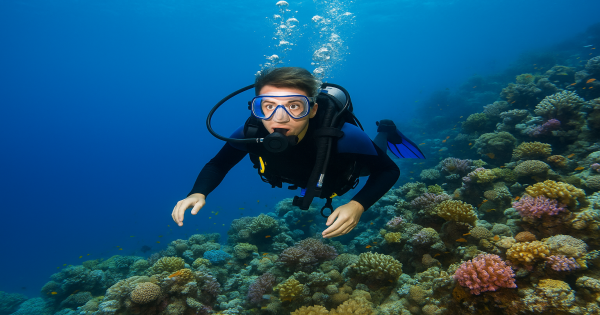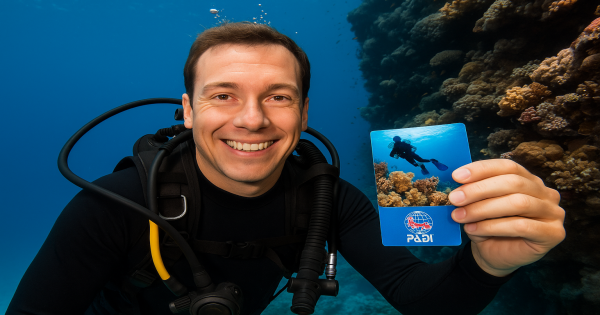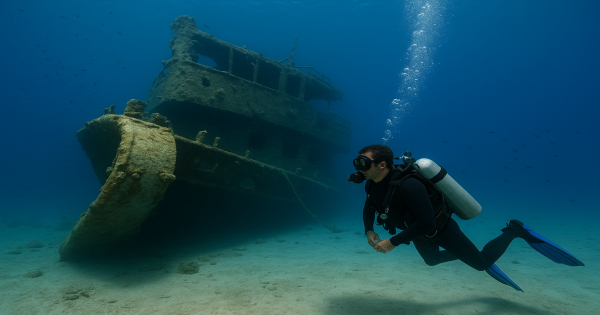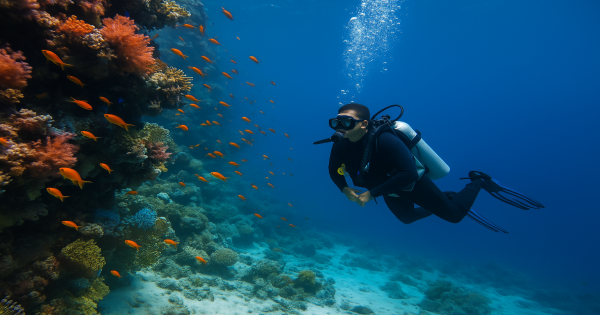Blog Details
How to Overcome Diving Challenges and Difficulties
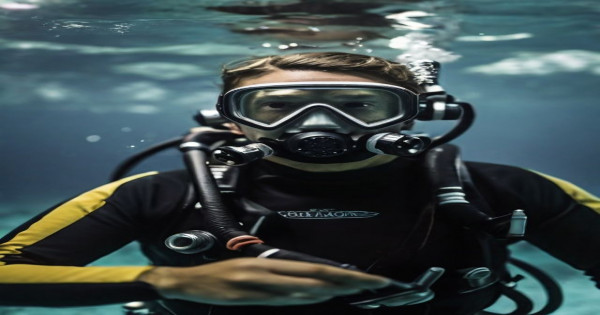
Diving presents an incredible opportunity to explore the underwater world, but it also comes with various challenges that divers must be prepared to face. Whether it’s dealing with equipment issues, managing buoyancy, handling pressure changes, or overcoming anxiety, divers need to develop the right skills and mindset to ensure a safe and enjoyable experience. Proper training, preparation, and awareness play a crucial role in tackling these difficulties. By understanding potential obstacles and learning how to address them effectively, divers can boost their confidence, improve safety, and enhance their overall diving experience. This guide provides essential tips and strategies to help you overcome common diving challenges and fully enjoy your underwater adventures.
How to Overcome Diving Challenges and Difficulties
Good Preparation
Before any diving trip, make sure you have all the necessary information about the site and weather conditions. Research the area and tidal patterns to be well-prepared.
Start Your Dive Training Today! – Enroll in a certified diving course and build the skills you need for a safe and enjoyable underwater experience +201092856966
Training and Certification
Take accredited training courses from identified organizations. The more knowledge and skills you have, the better prepared you'll be to face any difficulties underwater.
Communicate with Your Diving Team
Ensure effective communication with your dive mates and dive instructor. If you feel uncomfortable or encounter any difficulties, don’t hesitate to inform them.
Listening to Your Body: Safety Comes First
Your body will signal when something is wrong—pay attention to those signs.
How to Overcome Diving Challenges and Difficulties by Prioritizing Safety
- If you feel tired or short of breath, signal your buddy and ascend if necessary.
- Stay hydrated and well-rested before diving.
-
Know When to End a Dive
- If something doesn’t feel right, trust your instincts and ascend safely.
- Your safety always comes first.
Connect with experienced divers, share tips, and improve your underwater skills together +201092856966
Adapting to Pressure
Some people may feel uncomfortable due to water pressure. Use appropriate breathing techniques and make sure you know how to equalize the pressure in your ears .
Explore Depths Gradually
Start with shallow dives and gradually move to greater depths . This will help you adapt to the underwater environment and enhance your self-confidence .
Take Care of Your Gear
Make sure your equipment is in good condition and meets your needs. Keeping your equipment well-maintained can reduce risks and help you dive more safely
Pay Attention to Your Body
If you experience any discomfort or fatigue, don’t hesitate to head back to the surface. Your safety should always come first.
Plan Your Next Adventure! – Research top diving destinations and prepare for an unforgettable diving experience +201092856966
Reflect on Your Experiences
One of the best ways to improve as a diver is to reflect on each dive and learn from your experiences. After every dive, take some time to evaluate what went well and what could be improved. Consider factors such as buoyancy control, air consumption, navigation, and communication with your dive buddy. If you faced any challenges, think about how you handled them and what you could do differently next time.
Keeping a dive logbook is an excellent habit that allows you to track your progress, record important details about each dive, and identify patterns in your performance. Additionally, discussing your experiences with more experienced divers or instructors can provide valuable insights and tips for improvement. By constantly learning from each dive, you can build confidence, refine your skills, and become a safer and more efficient diver over time.
Diving is an incredible adventure that requires preparation, awareness, and confidence. By understanding how to overcome diving challenges and difficulties, divers can enjoy a safer and more fulfilling experience. Whether you're a beginner or an advanced diver, continuous learning and proper planning are key to making the most of your underwater adventures.
So, gear up, stay informed, and enjoy every moment beneath the waves!
